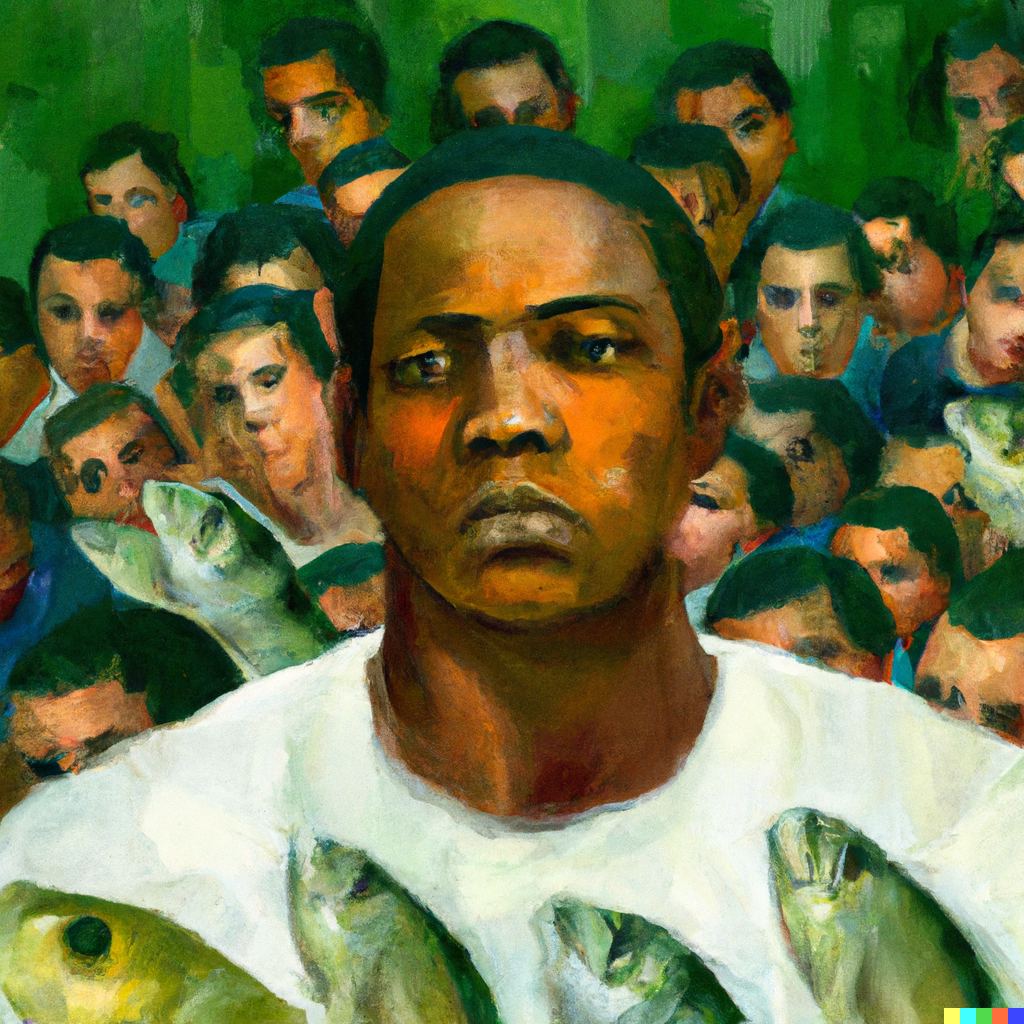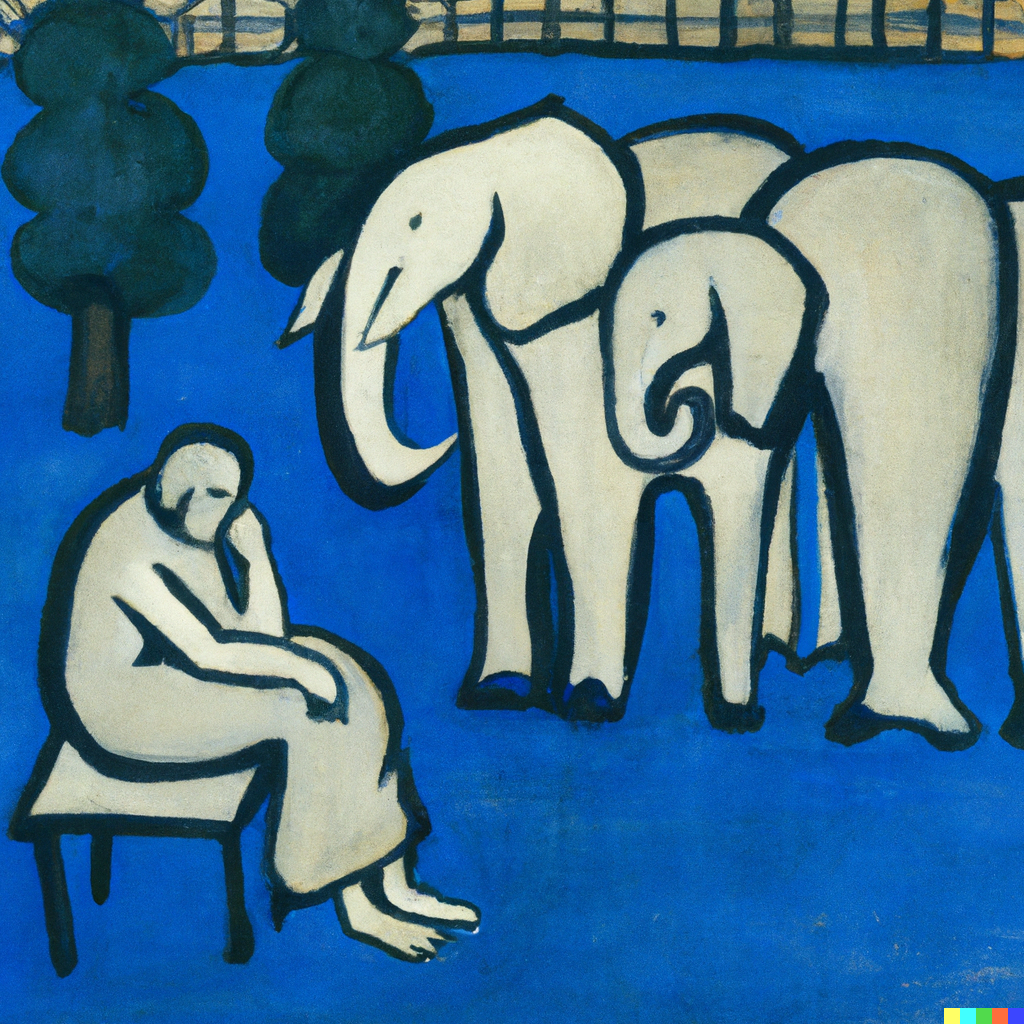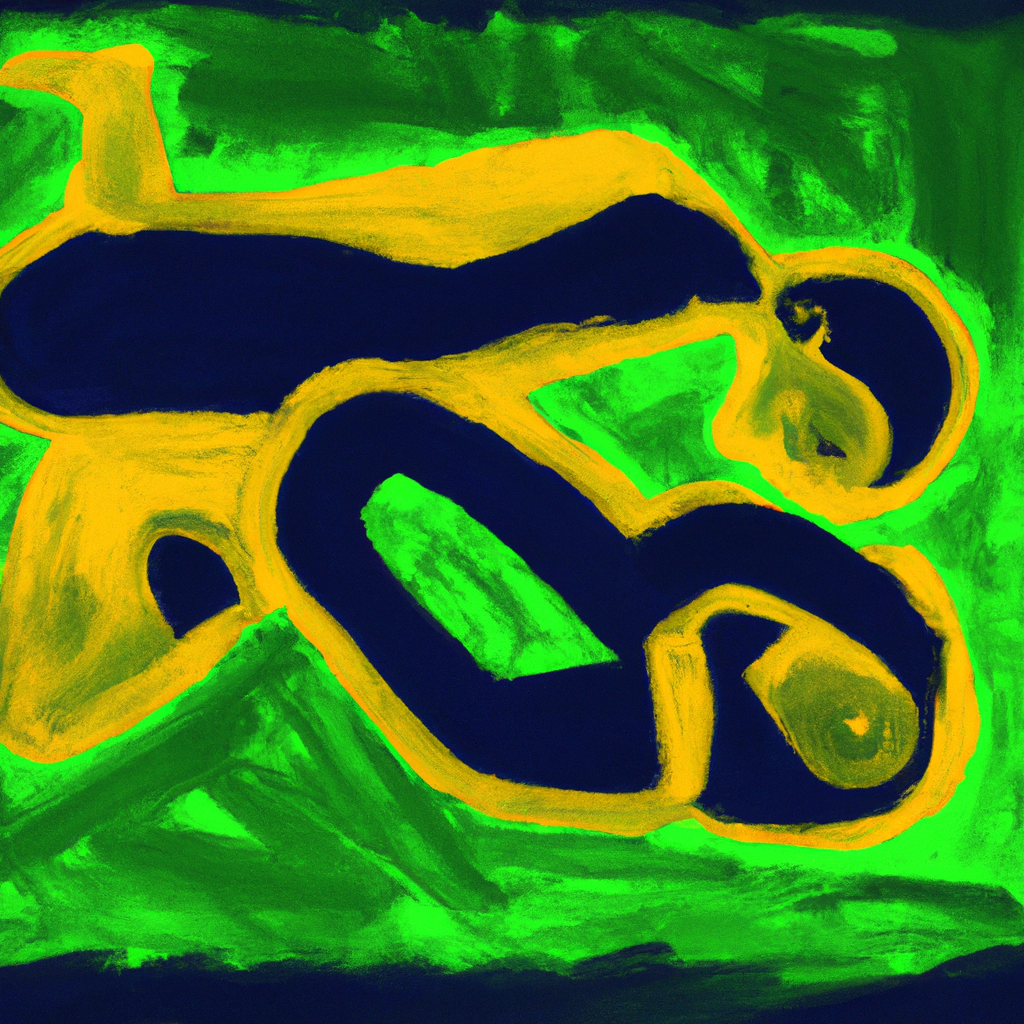
Understanding Toxic Masculinity
The Anxiety and Depression Association of America defines toxic masculinity as "the way men are culturally trained and socially pressured to behave," with three core tenets: toughness, anti-femininity, and power. Research by Carol Harrington (2021) in the journal Men and Masculinities traces how this term, coined in late 20th-century men's movements, has spread to therapeutic and social policy settings. These norms emphasize emotional suppression, aggression, dominance, and the rejection of anything perceived as "feminine" – including vulnerability, seeking help, or expressing emotions other than anger.
The Mental Health Crisis Among Men in Kenya and Africa
While global CDC data reveals stark realities about male mental health, the situation in Kenya and Sub-Saharan Africa presents unique challenges. According to the World Health Organization, suicide rates in Africa are often underreported due to stigma and limited data collection systems. However, available evidence suggests that men in Kenya face similar patterns of mental health struggles, compounded by cultural expectations around masculinity.
In Kenyan communities, traditional concepts of manhood often emphasize stoicism, financial provision, and emotional restraint. The Kiswahili saying "mwanaume ni kuvumilia" (a man must endure) reflects deep-rooted cultural beliefs that discourage men from expressing vulnerability or seeking help. These expectations, while rooted in cultural values of resilience, can become toxic when they prevent men from accessing mental health support.
Young men in Kenya face distinct pressures regarding economic success and family responsibilities. The transition from traditional extended family systems to nuclear family structures, combined with economic challenges, creates additional stress for men expected to be primary providers. This aligns with global findings that suicide rates for males are nearly four times higher than for females, with 2022 marking concerning trends worldwide.
A 2024 study done in the USA and published in PMC examined social media behavior and toxic masculinity among 402 men, finding that both social media use and toxic masculinity were significantly associated with depression. The research revealed that traditional masculine norms create barriers to help-seeking behavior, contributing to underdiagnosis and treatment of mental health conditions in men.
How Toxic Masculinity Manifests in Kenyan Context
In Kenya, toxic masculinity often intersects with cultural traditions, economic pressures, and colonial legacy. Young men face expectations to be "strong", which can manifest as emotional suppression, reluctance to seek help, and pressure to solve problems independently. These expectations are reinforced through cultural practices, peer groups, and family structures.
At Shamiri, one thing we've observed is that young men struggle more with help-seeking behaviors and emotional regulation. This mirrors global research showing that men who embrace toxic masculinity can become socially isolated as they age, significantly impacting their health and well-being.
Academic research from the University of South Carolina examined traditional masculine norms in the context of mental health outcomes and help-seeking behaviors in college-aged males, finding that adherence to rigid masculine ideals directly correlates with poorer mental health outcomes and reduced likelihood of seeking professional help.
Shamiri Health’s Approach to Addressing Masculinity and Mental Health
At Shamiri Health, our philosophy and values include destigmatizing mental health care in all aspects, including the unlearning of toxic masculinity ideals, like “seeking help is weak”. We focus on youth aged 18-35, helping them combat their negative biases and embrace conventions that allow them to seek help, open up, and flourish emotionally.
Moving Forward: A Call to Action
The path forward requires expanding rather than eliminating masculine identity. Research shows that men who develop broader definitions of masculinity report better mental health outcomes and stronger social connections. This means creating space for emotional intelligence, authentic relationships, and reframing help-seeking as courageous rather than weak.
Encouragingly, younger generations in Kenya are increasingly challenging rigid gender roles, and mental health awareness is growing. At Shamiri and in communities across Africa, we're seeing shifts toward more inclusive concepts of manhood that honor cultural heritage while promoting well-being.
Conclusion
The evidence is clear: restrictive masculine norms represent a public health crisis affecting men globally and in Kenya. However, this isn't about eliminating masculinity – it's about expanding what masculinity can include to encompass emotional intelligence, community support, and help-seeking as signs of strength. The statistics show us the problem; building healthy masculinity shows us the solution.
With that in mind, a great way to start unlearning harmful ideals and ingrained expectations is through therapy. Therapy can provide a safe space to explore these ideas and reframe them. And if you’re looking for a place to start, Shamiri Health has affordable sessions and offers virtual and physical sessions. Reach out, and we’ll be there to help!
If you or someone you know is in crisis, please reach out to the following resources for support:
- Kenya Red Cross Hotline: 1199
- Tu Ongee: Download the Telegram App. Search for the user name 'Tu Ongee'. Click on the contact that appears and start chatting
- Book a Session with Shamiri Health: https://booking.shamirihealth.com/
- Basic Needs Watch: 0800723253
Sources:
- Anxiety and Depression Association of America. "What is Toxic Masculinity and How it Impacts Mental Health." Available at: https://adaa.org/learn-from-us/from-the-experts/blog-posts/consumer/what-toxic-masculinity-and-how-it-impacts-mental
- Garnett, M.F. & Curtin, S.C. (2024). "Suicide mortality in the United States, 2002–2022." NCHS Data Brief, no 509. National Center for Health Statistics.
- Harrington, C. (2021). "What is 'Toxic Masculinity' and Why Does it Matter?" Men and Masculinities, Sage Publications.
- Michigan State University. (2020). "Toxic masculinity is unsafe… for men." MSUToday.
- PMC. (2024). "Social Media Behavior, Toxic Masculinity, and Depression." Available at: https://pmc.ncbi.nlm.nih.gov/articles/PMC10798810/
- PMC. (2023). "The belief that masculinity has a negative influence on one's behavior is related to reduced mental well-being." Available at: https://pmc.ncbi.nlm.nih.gov/articles/PMC10321463/




















